| Approach | Negotiation |
| Best Practice | Ownership |
| Collaborative | Problem Solve |
| Design | Quality |
| Energy | Relationship |
| Focus | Sustainable |
| Goodwill | Trust |
| Holistic | Understand |
| Improve | Values |
| Joy | Wisdom |
| Kindness | eXplore |
| Love | Yin and Yang |
| Maintain | Zone of Flow |
Approach
is for all interested parties: families, schools, communities, partners, consultants and sponsors to collaborate to develop and implement solutions for self-reliance that are holistic and sustainable.
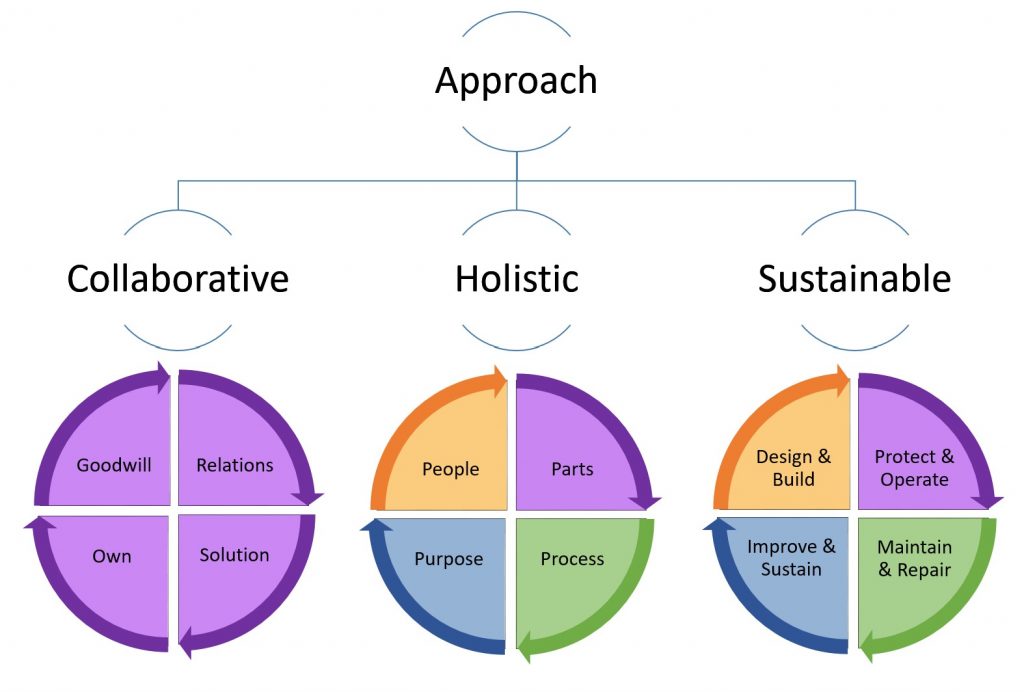
Collaborative – with our partners, who do the same with families, schools and communities, to understand people’s challenges and the root causes of those challenges.
Holistic – combines people, process and parts to create solutions for self-reliance that address the root causes of challenges.
Sustainable – by the families themselves throughout the life cycle of the solution, enabling them to move towards food and income self-reliance.
Best Practice
process or procedure is a standard way of doing things. For example the following Need assessment process.
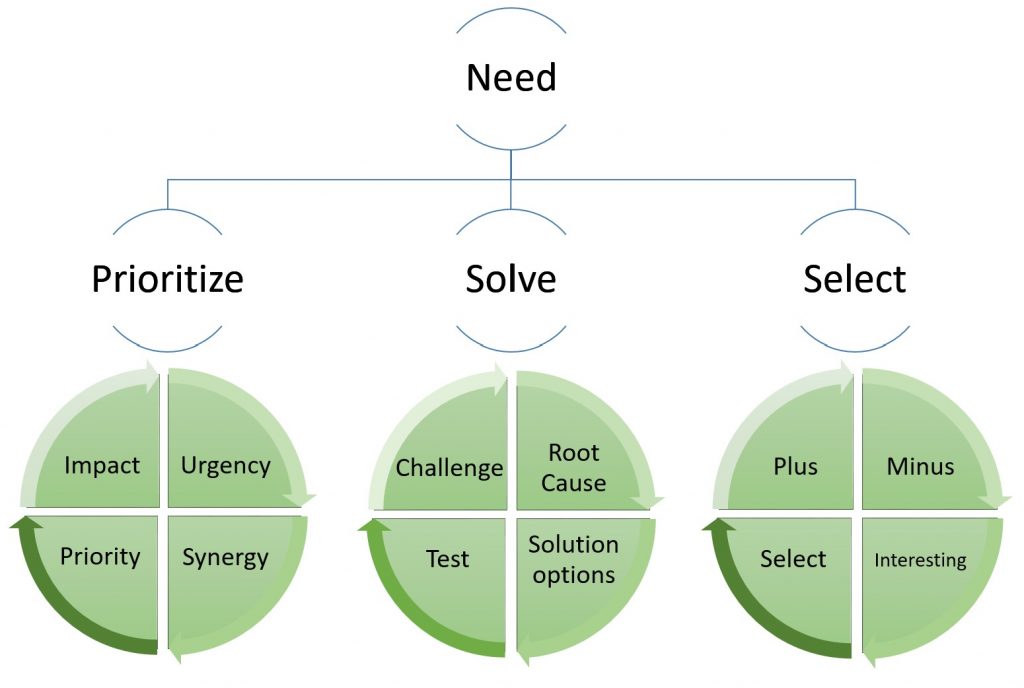
Best Practice is:
Based upon an accepted benchmark or self-assessment.
Maintains quality output when working correctly.
Collaborative
solutions to challenges are designed with interested parties so that the root cause of the challenge is understood and addressed.

Goodwill – Trust, and mutual benefit can develop an enduring collaboration between our partners, families and schools.
Relationship – Built with respectful listening, and considered and timely responses.
Solution – understand the root cause of the challenge to self-sufficiency in order solve it.
Ownership – By the families and schools to assist each other and their children to grow healthy, educated and able to earn an income.
Design
brings together people and parts in a process with the purpose to create a solution to the root cause of a challenge.

People – Work parties of interested people who are willing and able to work together to create value. They have clear accountability and responsibility.
Process – Procedures are combined to create repeatable processes that have easy, efficient and effective steps that are enjoyable to teach, learn and use.
Parts – Fit-for-purpose modular parts are easy to use because they assist achieving a process’s purpose efficiently and effectively. A “Low total cost of ownership” part is maintained, repaired and improved.
Purpose – a solution to the root cause of the challenge.
Energy
is created and protected by assisting others with quality solutions to their challenges as follows:
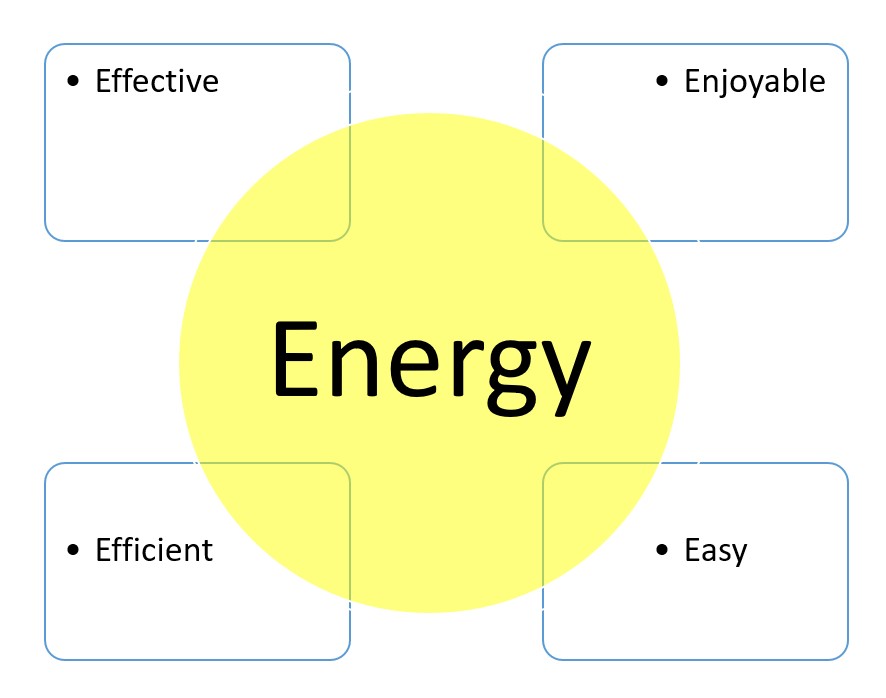
Create energy:
Effective – meet expectations
Enjoyable – joy of achievement
Protect energy:
Efficient – use of energy
Easy – to use and repeat
Focus
on balancing design, budget and schedule for the following solutions:
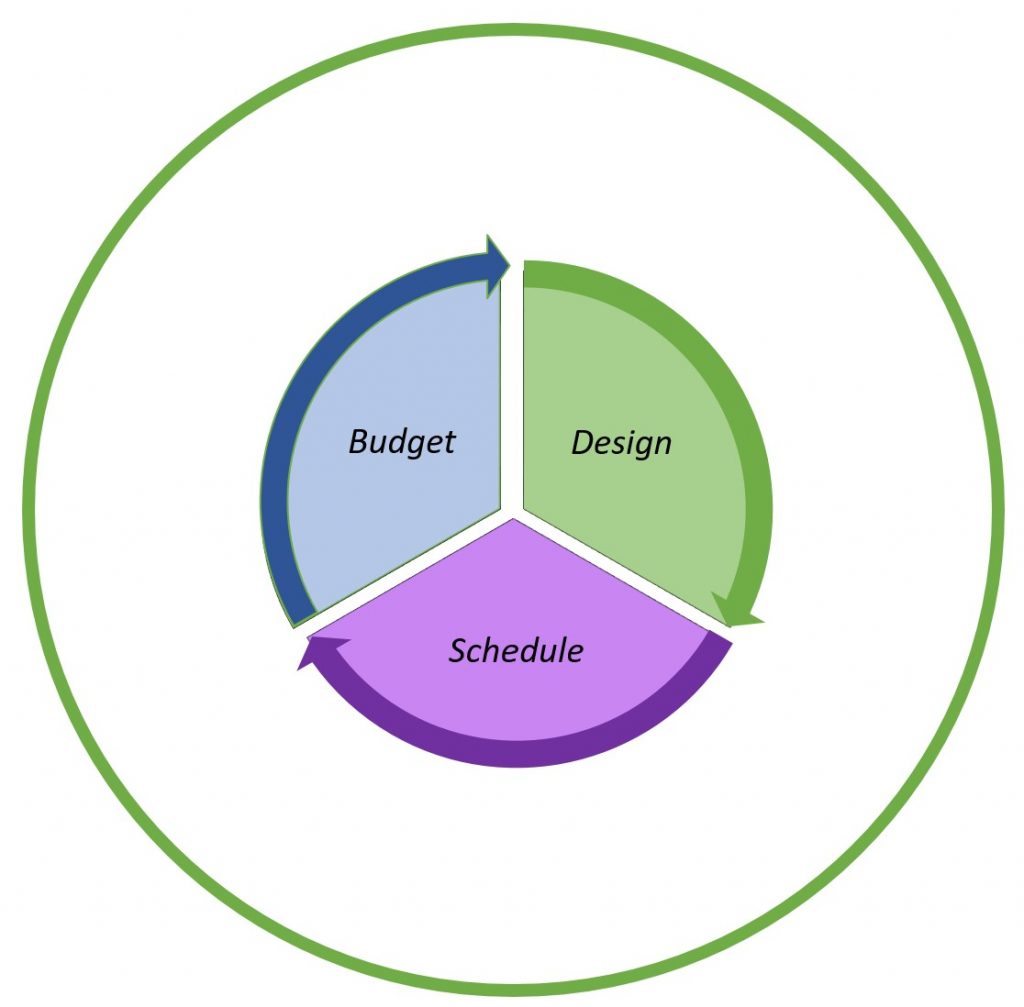
Growing – organically.
Construction – of affordable homes, school and commercial facilities.
WASH – training and facilities for Water and Sanitation & Hygiene.
Microfinance – for earning income, building homes and education.
Which assist families living in rural poverty to Strengthen Health, Enhance Education and Earn Income.
So that their children can grow up healthy, educated and able to support a family of their own.
Goodwill
is created and sustained with:
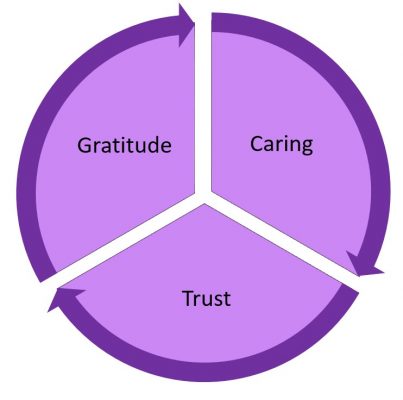
Gratitude – for what we receive.
Caring – to take the time to understand the facts, and do what is fair and reasonable for others.
Trust – based upon understanding the other person’s truth and the facts.
Holistic
design is combining people and parts in a process with the purpose to create a solution to the root cause of a challenge.

People – Work parties of interested people who are willing and able to work together to create value. They have clear accountability and responsibility.
Process – Procedures are combined to create repeatable processes that have easy, efficient and effective steps that are enjoyable to teach, learn and use.
Parts – Fit-for-purpose modular parts are easy to use because they assist achieving a process’s purpose efficiently and effectively. A “Low total cost of ownership” part is maintained, repaired and improved.
Purpose – a solution to the root cause of the challenge.
Improve
in small steps to continuously grow, using the Continuous Quality Improvement (CQI) procedure:
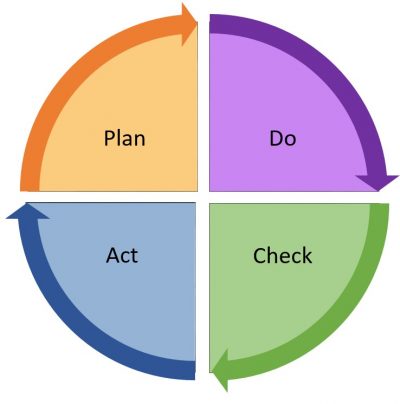
Plan – for changes that improve.
Do – change in small steps by testing first.
Check – if changes are working.
Act – to achieve the greatest benefit from changes.
Ref. Walter Shewhart & W. Edwards Deming
Joy
grows emotional energy through:
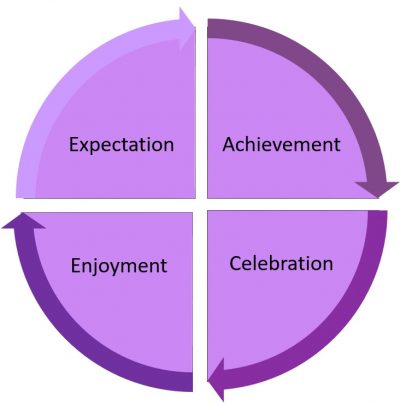
Expectation – of a predictable achievement.
Achievement – the greater the challenge and effort the greater the achievement.
Celebration – magnifies the achievement.
Enjoyment – of the celebration is emotionally energizing.
Kindness
inspires by communicating:
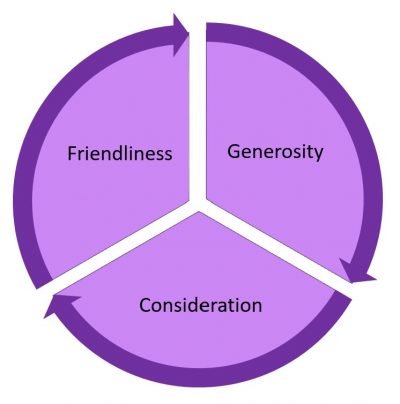
Friendliness – towards family, friends and strangers.
Generosity – to those who need assistance.
Consideration – for other people’s concerns and our impact on them.
Love
expresses and shares:
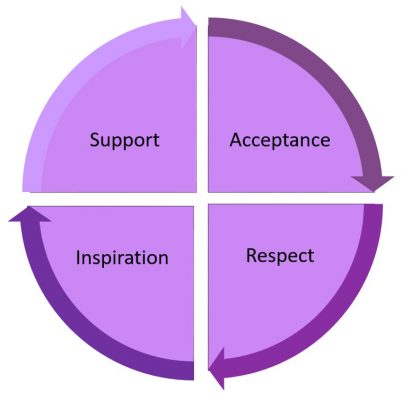
Support – that creates the ownership, confidence and courage to succeed.
Acceptance – and understanding of opposites in relationships because everyone is wired differently.
Respect – for other people’s perceptions and point of view.
Inspiration – by creating and protecting each other’s emotional energy.
Maintenance
costs money so:
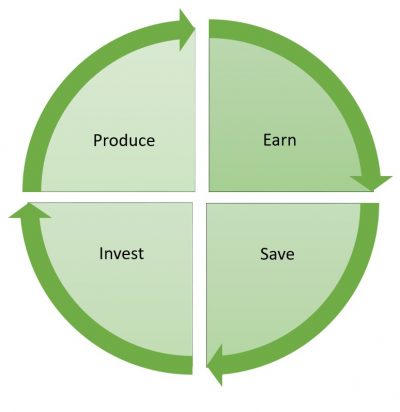
Produce – value
Earn – income
Save – money
Invest – in Maintenance
Negotiate
a fair and reasonable solution in a kind and straight-forward manner, so that all interested parties understand the mutually beneficial outcome and maintain goodwill and trust:
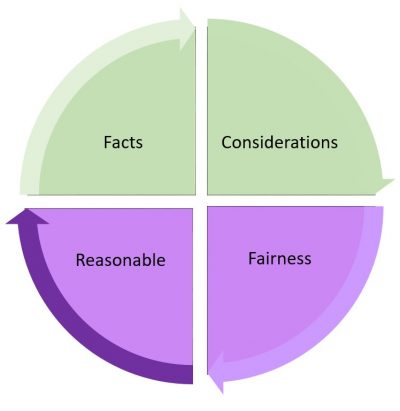
Facts – challenges, symptoms, root causes and potential solutions.
Considerations – everyone’s considerations and constraints.
Fairness – fair outcome options.
Reasonable – solution options that are effective and acceptable to everyone.
Ownership
is emotionally buying-in to using and sustaining the solution.
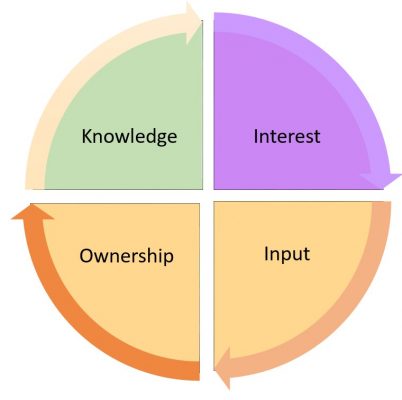
Knowledge – for understanding.
Interest – for excitement and energy.
Input – for participation and belief.
Ownership – for willingness to use and sustain.
Principles
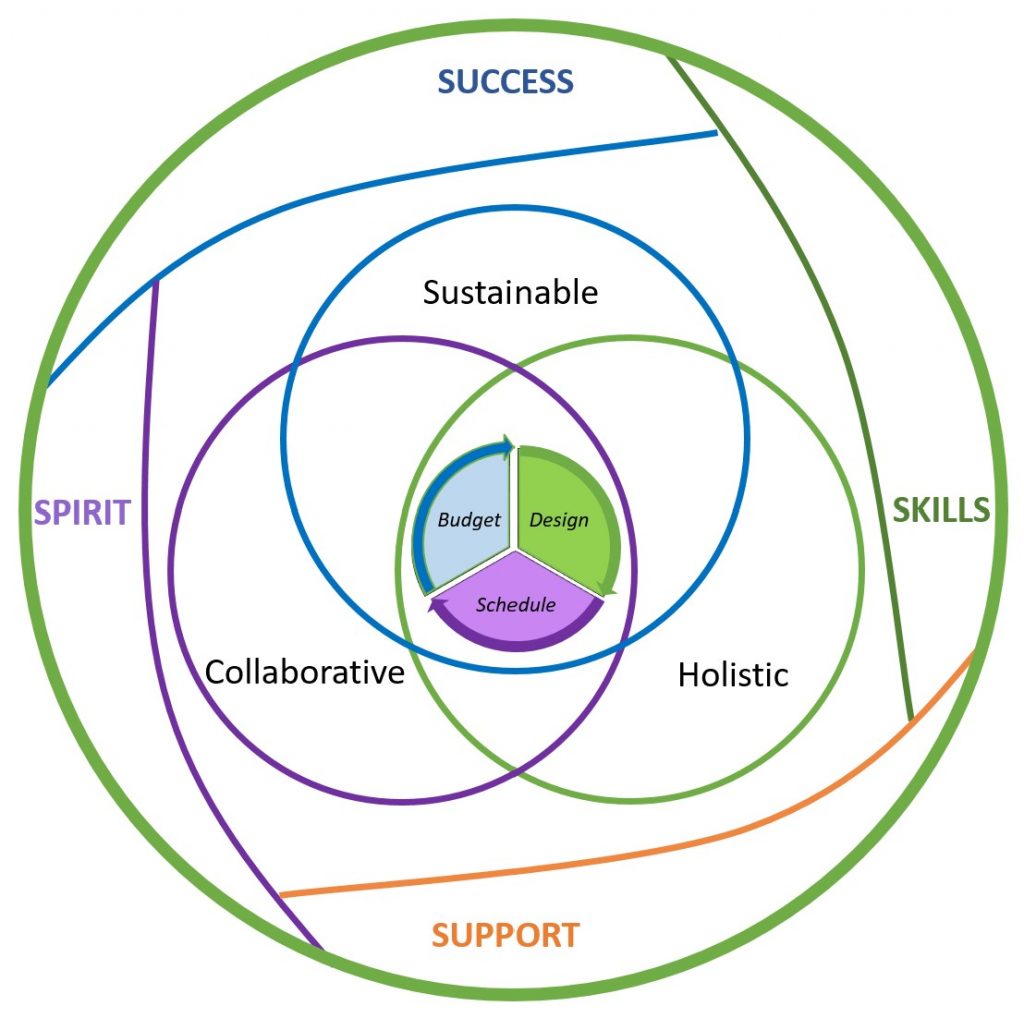
VALUES – are our most important beliefs that influence our Vision.
Approach – is how we think and act to achieve our Vision.
Focus – is on delivering parts of our Vision in the present.
Quality
experience is receiving the expected fit-for-purpose design within budget and on schedule, which creates and protects personal energy and resources. It is remembered as 4E:
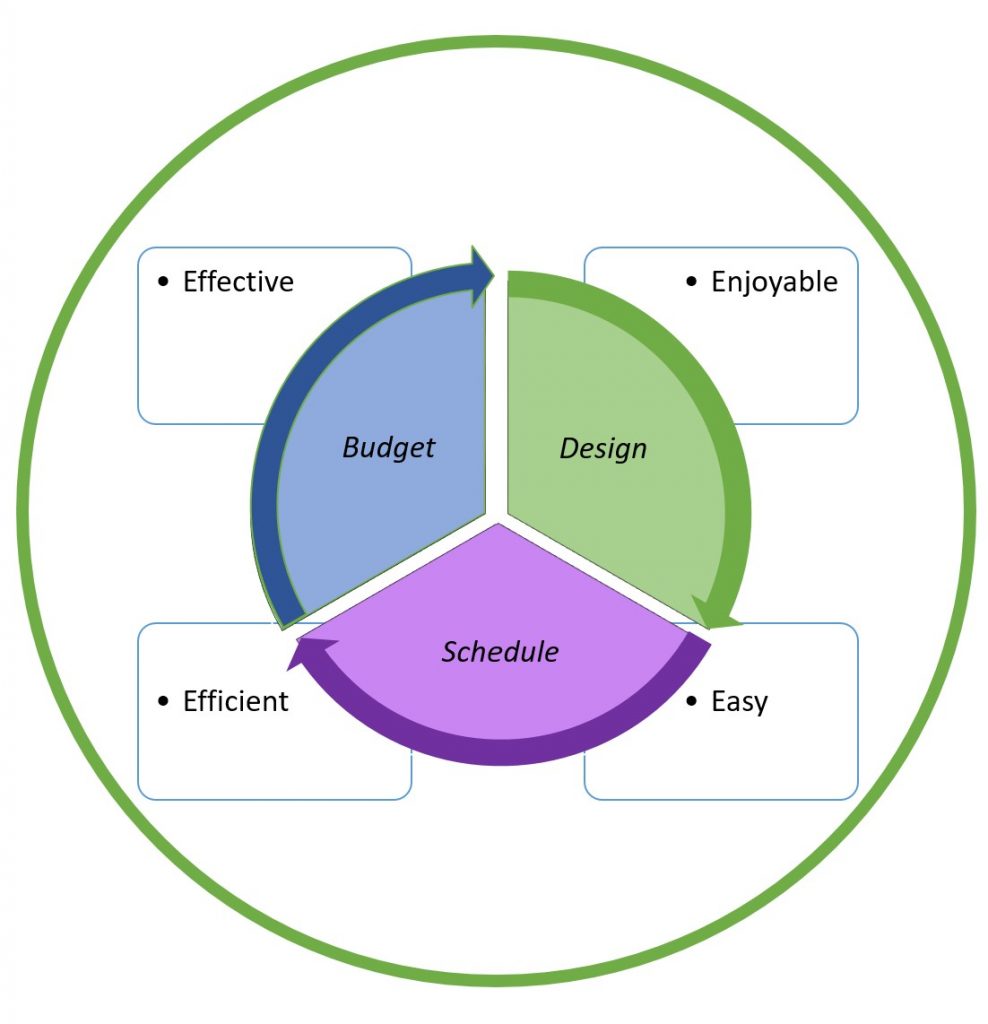
Effective – meets expectations
Enjoyable – joy of achievement
Efficient – protects energy
Easy – to use and repeat
Relationship
is needed for effective collaboration.
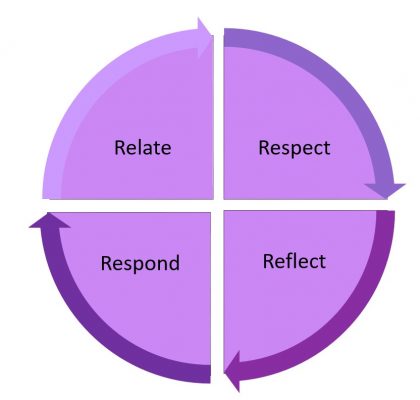
Relate – to the other person’s perspective.
Respect – what the other person tells us as their truth (regardless of how unkind it is) and ask why he/she believes it.
Reflect – upon their response.
Respond – without embarrassing the person.
Sustainable
solution provides predictable, continuously improving value throughout it’s life-cycle.

Design & Build – Collaborate with families, schools and communities to design, build and implement fit-for-purpose solutions.
Protect & Operate – Protect the parts in the environment from weather, animals and people, and make them easy to operate.
Maintain & Repair – Maintain parts to minimize replacement, and repair as needed so that the parts will last a long time.
Improve & Sustain – Improve any processes and parts over time so that the user will create more value and want to sustain and keep using the solution.
Trust
is the most valuable currency that is exchanged between people, because those who trust each other have a true friendship. Build trust.
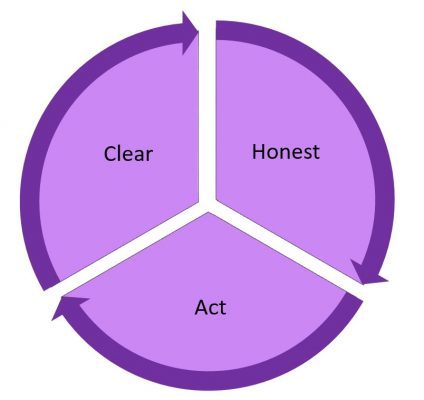
Clear – be transparent and straight-forward in your dealings with other people.
Honest – in all thoughts, words and actions.
Act – do what you say.
Understand
other people first in order to be understood.
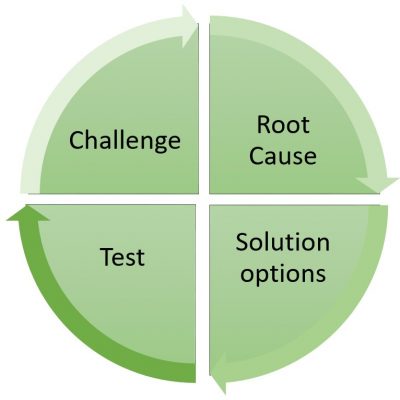
Challenge – understand the impact of the symptoms.
Root Cause – keep asking why until you understand the root cause.
Options – think of three possible solutions to the root cause.
Test – the most likely to succeed solution.
Values
of Support, Spirit, Skills and Success influence Vision and strengthen Focus.
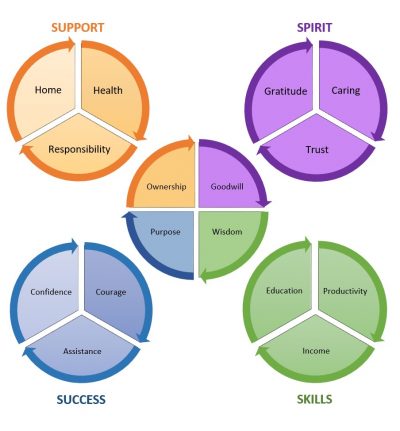
Support – of a comfortable home, strong health and sense of responsibility.
Spirit – of gratitude, caring and mutual trust towards others.
Skills – from education and experience to increase productivity and earn an income.
Success – that leads to the confidence and courage to assist others.
Wisdom
strengthens when a person understands and shares Support, Spirit, Skills and Success.
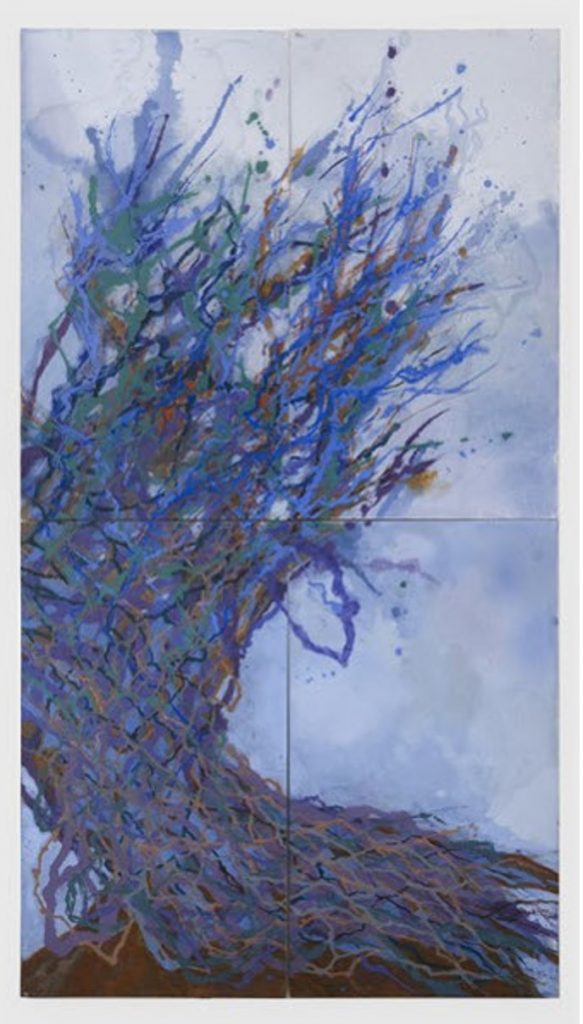
Support – of a comfortable home, strong health and sense of responsibility.
Spirit – of gratitude, caring and mutual trust towards others.
Skills – from education and experience to increase productivity and earn an income.
Success – that leads to the confidence and courage to assist others.
eXplore
to discover and experience linkages between:
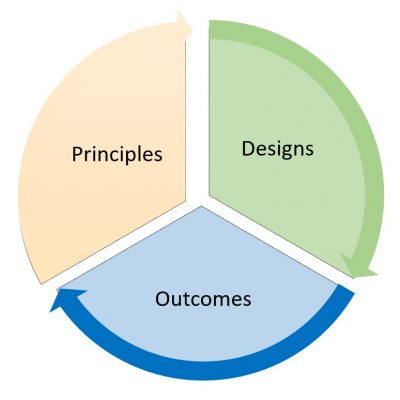
Principles
Designs
Outcomes
Yin and Yang
represent complementary opposites, which interact to form a whole that is greater than the parts. The yin yang taijitu symbol shows balance with a portion of yin and yang element in each section.
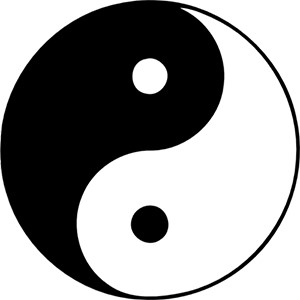
Understand, accept and balance opposites so that they make complimentary contributions to life.
Yin – examples: cold, winter, rest, sleep, and femininity.
Yang – examples: heat, summer, movement like running, awake, and masculinity.
Zone of Flow
is the experience of success and happiness that naturally results from focused involvement of personal skills to overcome a challenge.
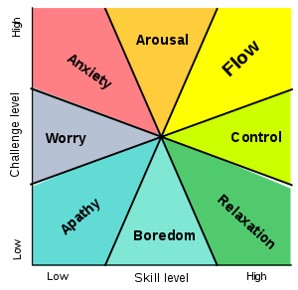
Focused involvement – personal dedication to a cause greater than oneself.
Skills – preparing and practicing to move closer to perfection.
Challenge – Successfully focusing your expertise to overcome challenges.
Ref: Flow by Mihaly Csikszentmihalyi
